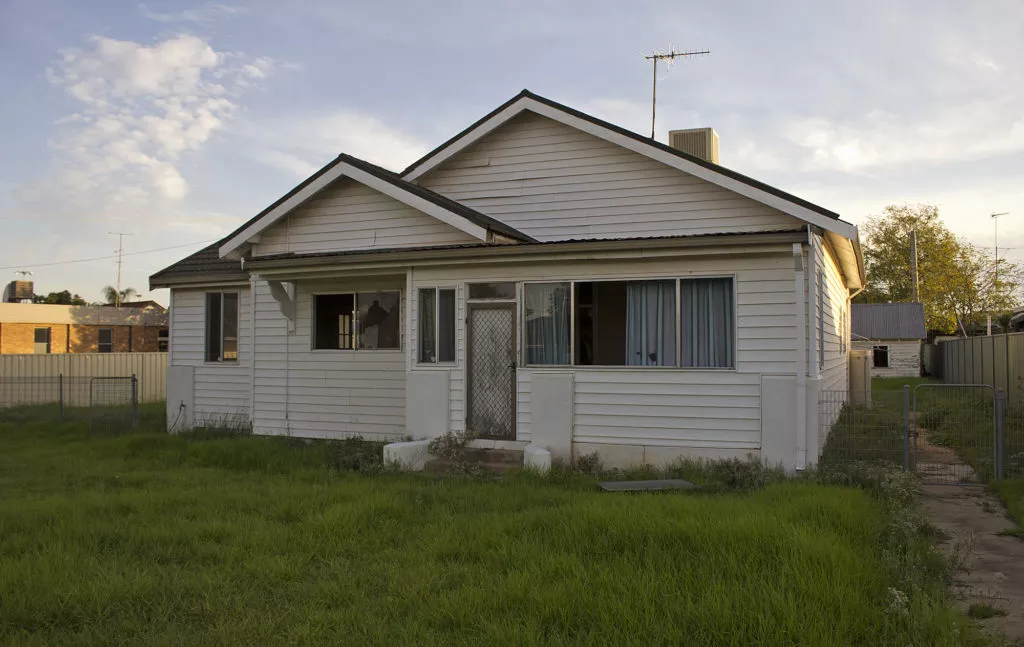
17 Jan Protect Against Squatters
It was a thing we learned in history class back in high school. We learned how people just lived on a portion of properties disputed following the Civil War. In many cases, whole families took over a portion of properties formerly owned by their own families. Sometimes they were called share-croppers, sometimes squatters. Many cities have witnessed the return of this situation with so many empty or abandoned houses and commercial structures. The question remains, however, who are these people and what drives them to take over empty or abandoned structures?
How It All Began
The housing bust in the early 00s, interest rates dropping like a rock, mortgage rates rising as a result as well as businesses going bust and the unemployment rate rising about the same time all had the effect of stunning a whole nation. Lay-offs meant unpaid mortgages, cars being repossessed, homes foreclosed upon and whole families on the streets. The number of families on welfare shot up, unemployment payments skyrocketed and, where possible, families moved in with other family members or took up residence in the local homeless shelters.
Not much has changed. While government officials profusely and optimistically espouse the line that things are getting better, the fact remains that 30M Americans are out of work or underemployed. Jobs are being created at a snail’s pace and there are hundreds of people applying for each job offered. The housing market is still creeping along, wondering when the bottom will drop out of the low interest rate sky. Where does this leave formerly employed homeowners? A portion will find an empty home and move in. Especially over certain parts of the year where vacation homes or cabins are left empty for months at a time. If a home is inherited from a relative that has passed away it might sit vacant for over a year while the family or courts decide what to do with it. These leave it unprotected and vulnerable for squatters.
The Trouble with Foreclosed Houses
Imagine yourself a lender with, say, 200 foreclosed homes in one particular city. Even if you accepted short sale offers, you’d still lose on the bargain. After all, you’re in business to make money. You haven’t got the time or resources to make sure those 200 properties are secure. If people squatted in those homes, it would cost you more money to go to court to evict them.
Now imagine yourself a law officer called to the scene of an eviction attempt. The unauthorized people produce a ginned up “lease”, paid utility bills and ID. You, without checking court records, tax records and Lord knows what else, have no reason to disbelieve the “tenants”. Whoever placed a call to the cops to evict these people likewise have no proof that the unauthorized people shouldn’t be there. Your hands are tied.
Switch hats now and imagine yourself a clerk at the local utility service. Someone brings in a piece of mail with the questionable address on it, legal ID and perhaps that ginned up “lease”. The lights and water are turned on. Cable is introduced into the structure. Whoever is squatting there now has a legitimate address and can apply for benefits. Not one official can tell the difference between this and the real thing.
The Case for Squatters
That’s not to say that all unauthorized persons are destructive, thieves or worse. Some even improve the properties and lead productive lives there, helping neighbors or opening small businesses on the property. However, these people have changed targets from inhabiting small foreclosed houses to inhabiting commercial structures and upscale housing. People are aware of the state of the housing market; they know the structures may not be shown for months on end, if at all.
This brings up the question of ownership. Many states have laws on the books stating that people can’t be tossed out of their homes suddenly and with no reason. Landlords must go to court and officially have eviction papers drawn up. This is especially true if the unauthorized person produces legal proof of residence such as a piece of mail or a legal ID with the address on it.
However, some unauthorized persons go so far as to claim ownership through occupying the property, improving it and paying its taxes. Over a period of years, this kind of action can net a squatter a nice home. Now, each state has its regulations, and you can be sure these people are well versed in the salient points.
What does this mean for the homeowner whose home has been foreclosed upon or who must leave the home due to liens on the property and such? Since the property still belongs to you until the sheriff’s office comes to evict you, it means you should secure your property. Perhaps the property is a second home or a vacation home. You’ll still want to secure the property against unauthorized persons. How can this be accomplished?
Protect Against Squatters
ADT has partnered with the biggest names in home security and home automation to bring you, the homeowner, security. Monitored systems detect movement, temperature changes in the home, entry by unauthorized persons and more. When homeowners alert the company that they will be absent, they can be sure their property will be protected. Zion Security Alarms carry ADT products and is a leader in home security and home automation. If a homeowner is concerned about the protection of an unoccupied property, he is urged to contact us immediately for more information. We can help you protect against squatters with very affordable security systems and flexible options like zero cost for equipment or month to month terms.


No Comments